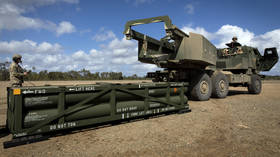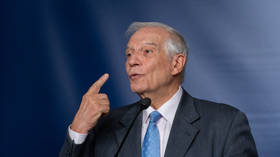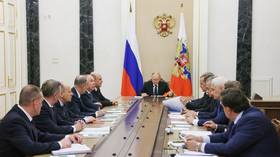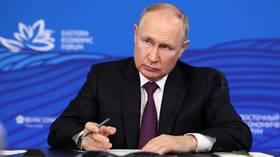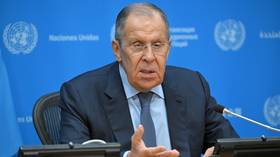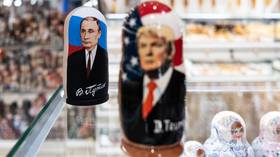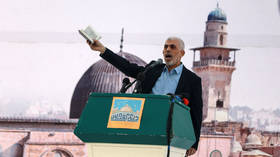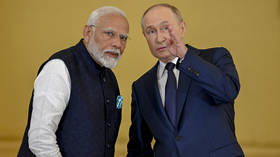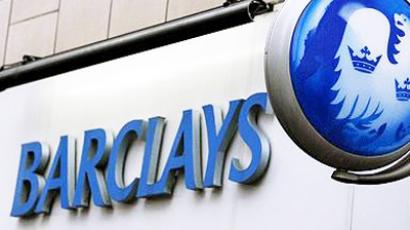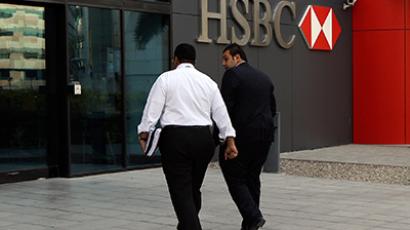‘HSBC report pushes West to rethink alliance with Saudi Arabia’
A US Senate subcommittee has discovered that British banking giant HSBC gave money to a Saudi bank with suspected links to terrorist organizations such as al-Qaeda. Saudi Arabia has not responded to the findings.
Middle East expert Ali Rizk told RT that the findings put pressure on the West to reconsider its friendly relations with Saudi Arabia. A report published by the Permanent Subcommittee on Investigations states that HSBC provided funds to the Saudi Al-Rajhi Bank, which a number of media and government reports have tied to terrorist organizations such as al-Qaeda. The company’s top executive appeared before the subcommittee’s hearing Tuesday, and apologized for failing to prevent such oversights. HSBC’s Head of Compliance, David Bagley, said he would resign. Neither Saudi Arabia, nor Al-Rajhi responded to the subcommittee’s findings, however. RT:The report names Al-Rajhi Bank, Saudi Arabia’s and the Muslim world largest bank, as a sponsor of terrorism. What does that mean?Ali Rizk: I think it really stems down to the fact that Saudi Arabia is the main exporter of what could be called radical Islam, the kind of Islam that has tarnished the essence of the real Islam of moderation. RT: What sort of terrorist groups are we talking about here?AR: We’re talking about Wahhabi extremists, those people who are now causing violence in Syria, those people who were sent to Chechnya, groups in Uzbekistan. Some elements of the royal family also have also contributed to al-Qaeda. Bandar bin Sultan, the former Saudi ambassador to Washington, for example, met with Osama bin Laden time and again. So we’re talking about all the Sunni extremists groups. The Saudi role in financing al-Qaeda and extremist activity in Iraq is very well known. More importantly, I think that this report further sheds light on the alliance between the Saudi royal family and some Western countries. This will put more pressure on the Western governments to try and change their policy. Now, of course, Saudi Arabia is considered to be an ally. Many people are speculating that maybe the Western governments might reconsider. RT: Why would they be doing that?AR: First of all, because we have the uprisings currently happening, which put more pressure on the US and British governments. Until now, Saudi Arabia hasn’t taken any steps towards political reform. The other reason is that Saudi Arabia is the main source of this extremism that would lead to popular vigilance in countries such as the US and Britain. In all these countries, I think people will become more and more aware of what Saudi Arabia really represents, and hence the US might be pushed into a corner. By the way, Hillary Clinton recently said that they are fighting Wahhabism, so I think we are seeing a slow divergence between the West on the one hand and Saudi Arabia on the other. It hasn’t reached a very critical point as of yet, but I believe this report and more similar developments would put more pressure on the US and other Western governments. RT: Do you expect any reaction from Riyadh on the report’s findings?AR: I don’t think that we will see any apology. Saudi Arabia, I think, is behaving in an irrational way now. Saudi Arabia is terrified of what happened in Iraq; the Shia there with Prime Minister Nouri al-Maliki. In Lebanon, you have Hezbollah and increasing Iranian influence. And for that reason, Saudi Arabia is so enthusiastic to topple Bashar al-Assad because they consider him an asset for the Shia axis. I think what we are seeing in Damascus today is a Saudi Arabian response to an increasing Iranian role.


